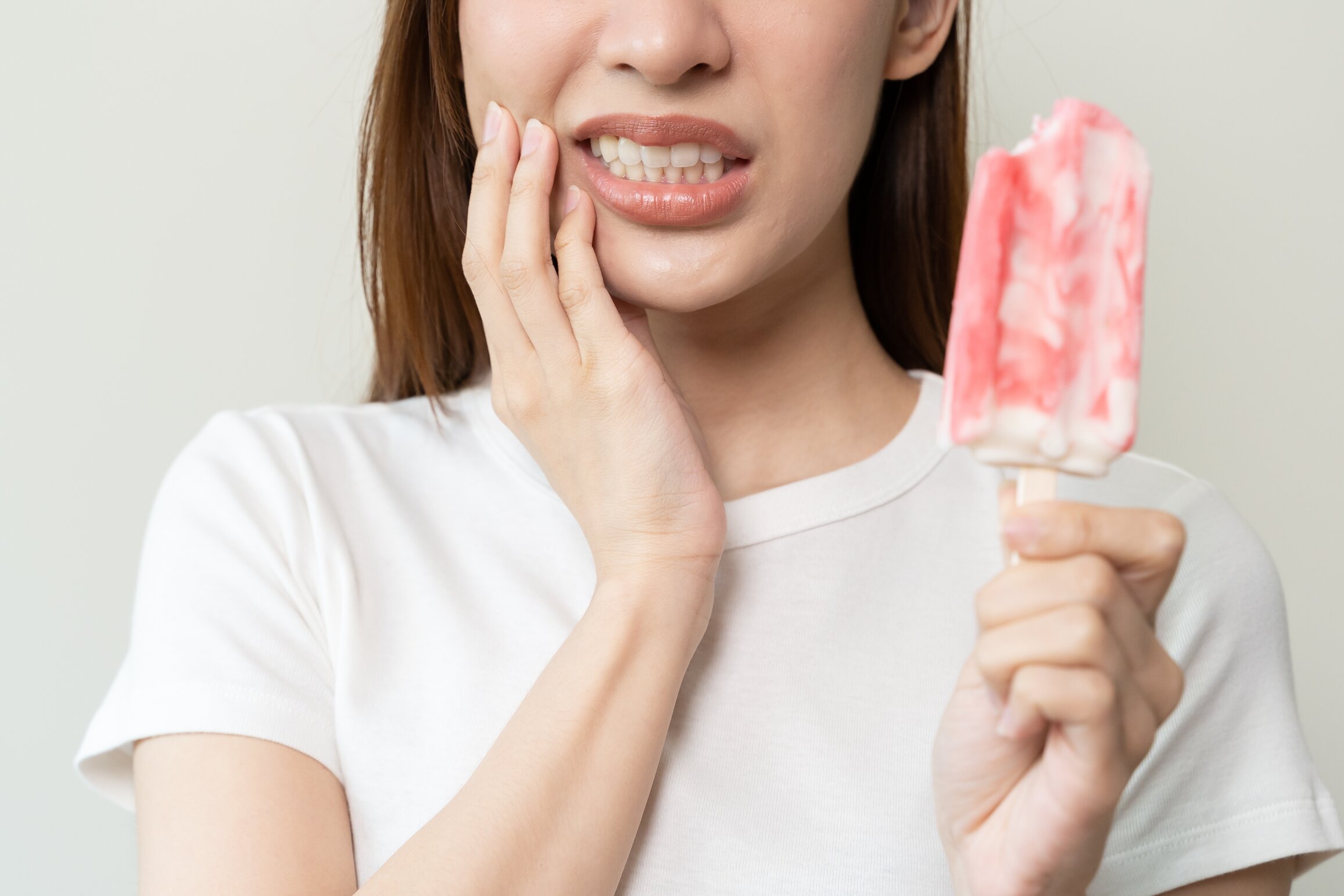Tooth sensitivity to cold drinks and ice cream can be a frustrating and uncomfortable experience. If you find yourself wincing in pain or avoiding your favorite cold treats due to tooth sensitivity, you're not alone. In this article, we will explore the causes of tooth sensitivity, provide effective tips to manage and reduce sensitivity, and offer guidance on when to seek professional dental care. By following these strategies, you can enjoy your favorite cold beverages and desserts without the fear of tooth sensitivity.
Understand the Causes of Tooth Sensitivity
Tooth sensitivity to cold drinks and ice cream can be caused by various factors. The most common cause is exposed dentin, which is the inner layer of the tooth that contains microscopic tubules leading to the nerve. When dentin becomes exposed, cold sensations can easily reach the nerve, causing sensitivity. Other causes include tooth decay, worn enamel, gum recession, cracked teeth, and certain dental procedures. Understanding the underlying cause of your sensitivity is the first step in finding an appropriate solution.
Practice Good Oral Hygiene
Maintaining good oral hygiene is crucial for managing tooth sensitivity. Brush your teeth at least twice a day using a soft-bristled toothbrush and a toothpaste specifically designed for sensitive teeth. Avoid brushing aggressively as it can wear down enamel and exacerbate sensitivity. Additionally, floss daily to remove plaque and bacteria from between your teeth and along the gumline. Good oral hygiene helps prevent tooth decay and gum disease, which can contribute to tooth sensitivity.
Use Desensitizing Toothpaste
Desensitizing toothpaste can help alleviate tooth sensitivity over time. These toothpastes are formulated with special ingredients that effectively block the transmission of sensations from the tooth's surface to the nerve, thereby reducing tooth sensitivity. Use the desensitizing toothpaste as directed by your dentist or the product instructions. It may take a few weeks of consistent use to experience noticeable results.
Limit Acidic and Sugary Foods
Acidic and sugary foods can contribute to tooth sensitivity and dental problems. Acidic foods and beverages, such as citrus fruits, soda, and sports drinks, can erode enamel and expose the sensitive dentin. Sugary foods promote the growth of bacteria that produce acids, leading to tooth decay and sensitivity. Limit your consumption of these foods and beverages and rinse your mouth with water after consuming them to minimize their impact on your teeth.
Avoid Extreme Temperature Changes
Sudden temperature changes can trigger tooth sensitivity. When consuming cold drinks or ice cream, try to avoid rapid temperature shifts by taking small, slow sips or bites. Using a straw can also help bypass direct contact with your teeth. Additionally, refrain from consuming extremely hot foods or beverages immediately after having something cold, as this can intensify sensitivity.
Wear a Night Guard
If you grind or clench your teeth during sleep, you may be exacerbating tooth sensitivity. Grinding can wear down enamel and expose dentin, leading to increased sensitivity. Speak to your dentist about getting a custom-fitted night guard to wear while you sleep. The night guard acts as a protective barrier, preventing excessive tooth wear and reducing sensitivity.
Visit Your Dentist
If tooth sensitivity persists or worsens despite your efforts, it's important to seek professional dental care. Your dentist can assess the underlying cause of your sensitivity and recommend appropriate treatments. They may apply a fluoride varnish to strengthen the enamel, perform a dental restoration to address decay or worn enamel, or suggest other specialized treatments based on your specific needs.
Practice Regular Dental Check-ups
Regular dental check-ups are essential for maintaining good oral health and addressing tooth sensitivity. Schedule routine visits at the Upper Hunt Club Dental Centre in Ottawa every six months or as recommended. During these check-ups, your dentist can examine your teeth and gums, assess the cause and severity of your tooth sensitivity, and provide appropriate treatments or recommendations to alleviate the discomfort. Regular check-ups help prevent dental issues from worsening and ensure that your teeth and gums remain healthy.
Avoid Over-the-Counter Whitening Products
Over-the-counter teeth whitening products, such as whitening strips and trays, can increase tooth sensitivity, especially if used improperly or excessively. The bleaching agents in these products can irritate the tooth nerves and cause sensitivity. If you're experiencing tooth sensitivity, it's best to avoid using these products until the sensitivity is addressed by a dental professional.
Dealing with tooth sensitivity to cold drinks and ice cream can significantly impact your enjoyment of daily life. Remember, if your tooth sensitivity persists or worsens, it's important to seek professional dental care for a comprehensive evaluation and personalized treatment. Take care of your oral health and reclaim your ability to savor your favorite cold treats without discomfort. If you’re experiencing tooth sensitivity, schedule an appointment with us at the Upper Hunt Club Dental Centre in Ottawa. Our experienced team is dedicated to helping you achieve a healthy, pain-free smile. Contact us today and let us provide you with the care you deserve.













